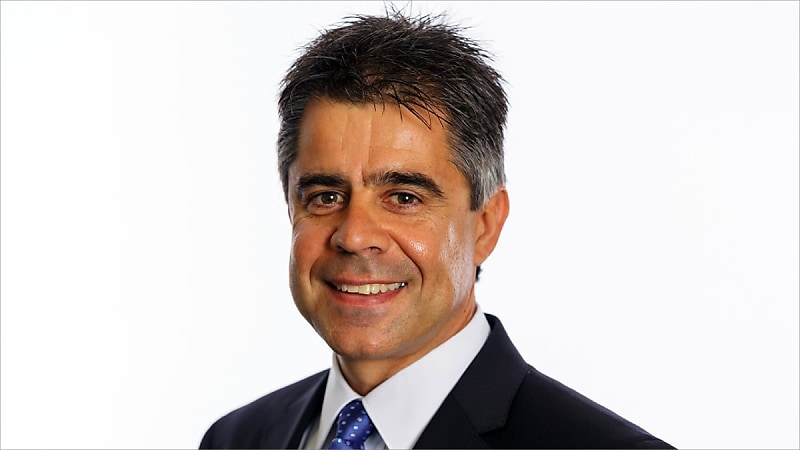New adviser category needs ‘further consideration’: SMSFA
The introduction of a new category ‘qualified adviser’ has the potential to be misconstrued and requires much further consideration, says the SMSF Association.
Peter Burgess, SMSFA CEO, said although the association acknowledges the need for broader advice to be available to consumers it is disappointed accountants have once again been “left out in the cold”.
“Despite accountants’ advice being included in the Quality of Advice Review terms of reference, there was nothing for accountants in the final report,” Mr Burgess said.
Last week, Minister for Financial Services, Stephen Jones, said in parliament that the government supports the creation of a new class of financial advice provider – to be termed ‘qualified advisers’.
As recommended by the QAR recommendation 3, this new class of advisers will not be able to charge a fee or receive a commission relating to the personal advice they provide.
“We must give consumers what they actually need,” Mr Jones said.
The announcement essentially grants banks and insurers the ability to give customers personal advice and unwinds some of the tough rules imposed by the Hayne Royal Commission.
But, according to the minister, the government does intend to establish safeguards by ensuring the new class of financial advice providers meets additional standards that were not originally recommended by the QAR.
Mr Burgess said the lack of a suitable model for appropriately qualified and experienced accountants is an opportunity loss and is not a good outcome for consumers.
“It leaves a critical gap in the financial advice framework, particularly for SMSF trustees who have ongoing advice needs, that do not involve product placement, portfolio management or discreet investment advice,” he said.
There have been mixed responses to the announcement from industry groups.
The FAAA has been one of the most vocal critics expressing significant concerns with the direction of the announcements.
“Our members fear this could be winding the clock back five years on our profession,” said Sarah Abood, CEO of the FAAA.
She said the government’s response, particularly regarding the creation of a new class of financial advice providers, “appears to invalidate the hard work and pain that has been involved in creating financial advice as a profession”.
Vicki Stylianou, group executive advocacy and policy for the IPA, said a lot is being said about the term "qualified adviser".
"IPA agrees with a lot of the commentary that this term will confuse consumers, who would rightly assume that these people are indeed qualified," she said.
"Being qualified is very different to having received some training but it's unlikely this point of difference will be made clear to consumers. A lot more detail is needed as to what exactly the qualifications, or training or other requirements are going to be."
She added that once again, accountants are being ignored and that there is a large cohort of qualified people who already have a relationship with their clients, and who with additional and relevant training, could help to fill the advice gap.
However, the Australian Retirement Trust (ART) welcomed the proposal to overhaul how Australians access financial advice.
Anne Fuchs, ART’s executive general manager of advice, guidance and education, said it was a “transformative announcement for the industry”.
“As one of Australia’s largest funds we’ve been advocating on behalf of our 2.3 million members to get improved access to professional financial advice and this timeline for draft legislation is an important milestone," Ms Fuchs said.
Super Consumers Australia and CHOICE said the financial advice “best interests duty has been saved again”.
Gerard Brody, acting director of Super Consumers Australia said the QAR had proposed a weak “good advice” duty for some forms of financial advice.
“The best interests duty is vital in light of conflicts of interest which have riddled the financial advice sector. Australians deserve independent and high quality advice,” he said.








